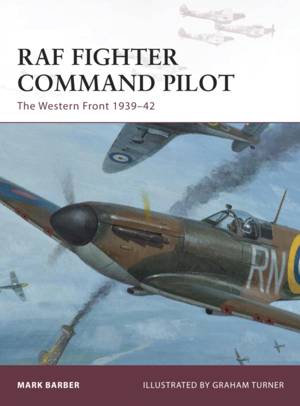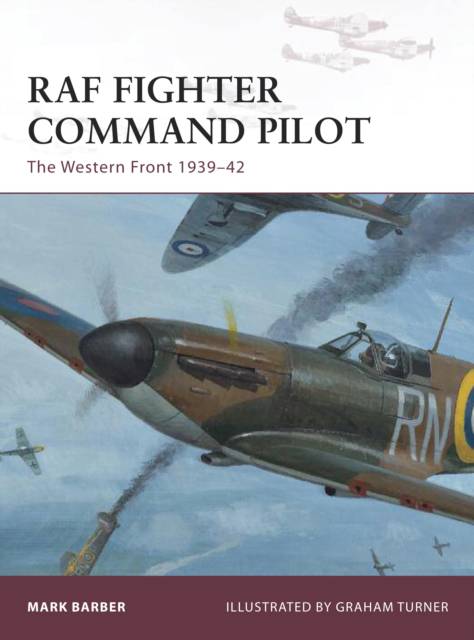
- Afhalen na 1 uur in een winkel met voorraad
- Gratis thuislevering in België vanaf € 30
- Ruim aanbod met 7 miljoen producten
- Afhalen na 1 uur in een winkel met voorraad
- Gratis thuislevering in België vanaf € 30
- Ruim aanbod met 7 miljoen producten
Zoeken
Omschrijving
The role of the "few" of the RAF in World War II, as described by Churchill during the Battle of Britain, has been the subject of much mythologizing both at the time and in the years since. The recent 70th anniversary of the Battle of Britain, combined with the threat of significant cuts to the current RAF, have highlighted the importance of Fighter Command in the early days of World War II once more.
This title will put Fighter Command in context; describing the lack of funding and attention which it received during the interwar period, until it was almost too late. The myth of the fighter pilot will be humanized, with first-hand accounts quoted which put nervous but brave human beings from all walks of life in the cockpit, not the fearless, arrogant public school boys who appear in popular fiction. Although the Battle of Britain may not have in itself been the decisive encounter that it has historically been portrayed as, the moral victory won by the RAF, the victory that proved that Germany could be defeated, was just as important as a military-strategic victory. Other aspects of these early days of Fighter Command will also be given a more detailed exploration - the obsolete but tenacious Gladiators over Norway, the Hurricanes in support of the BEF and air cover over Dunkirk. Thus giving a rounded picture of the early years and development of Fighter Command and its pilots.Specificaties
Betrokkenen
- Auteur(s):
- Illustrator(s):
- Uitgeverij:
Inhoud
- Aantal bladzijden:
- 64
- Taal:
- Engels
- Reeks:
- Reeksnummer:
- nr. 164
Eigenschappen
- Productcode (EAN):
- 9781849087797
- Verschijningsdatum:
- 18/09/2012
- Uitvoering:
- Paperback
- Formaat:
- Trade paperback (VS)
- Afmetingen:
- 180 mm x 244 mm
- Gewicht:
- 181 g

Alleen bij Standaard Boekhandel
+ 44 punten op je klantenkaart van Standaard Boekhandel
Beoordelingen
We publiceren alleen reviews die voldoen aan de voorwaarden voor reviews. Bekijk onze voorwaarden voor reviews.











